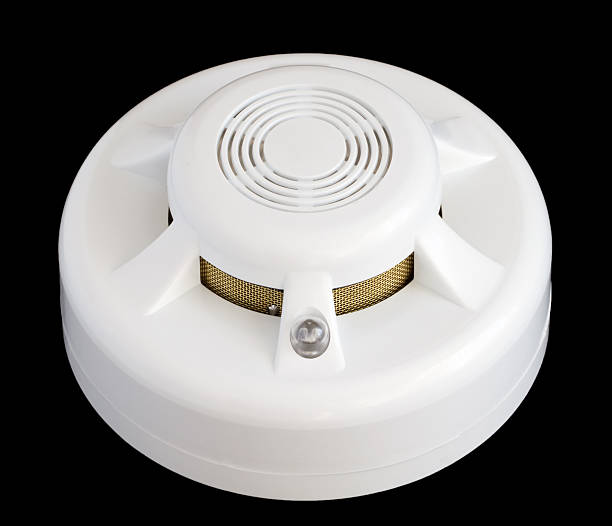Introduction to Marine Smoke Detectors
A marine smoke detector is a specialized safety device designed for boats, ships, and other vessels. Its primary role is to detect smoke at the earliest possible stage and help prevent fire-related accidents. In Dubai, where maritime activities are frequent, having a reliable marine smoke detector on board is an essential part of vessel safety equipment.
Importance in Maritime Environments
The marine environment poses unique fire risks due to fuel, electrical systems, and confined spaces. A smoke detector alerts crew members quickly, allowing them to take immediate action. This rapid response can save lives and protect valuable assets.
How They Differ from Regular Smoke Detectors
Unlike regular household detectors, marine smoke detectors are built to withstand humidity, salt air, and vibrations. They also comply with specific maritime safety regulations to ensure reliability during voyages.
Types of Marine Smoke Detectors
Different types of smoke detectors are used on vessels based on operational needs. Understanding these types helps in choosing the right device.
Ionization Smoke Detectors
Ionization detectors are sensitive to small smoke particles, making them effective for detecting fast-flaming fires. They work well in areas with flammable liquids or electrical equipment.
Photoelectric Smoke Detectors
Photoelectric detectors use light sensors to detect larger smoke particles from smoldering fires. They are suitable for living quarters and cabins where fires may develop slowly.
Combination Detectors
Some marine smoke detectors combine both ionization and photoelectric technologies. These offer comprehensive coverage and can detect different types of fires more effectively.
Installation Considerations in Dubai
Correct installation is critical for ensuring the efficiency of a marine smoke detector. In Dubai, maritime authorities have guidelines for installation and maintenance.
Placement on Vessels
Smoke detectors should be installed in cabins, engine rooms, and cargo holds. Placing them at different levels of the vessel ensures that smoke is detected quickly in any location.
Compliance with Regulations
Dubai follows international maritime safety standards. Vessels must comply with the regulations set by organizations like the International Maritime Organization (IMO) for safety equipment installation.
Maintenance and Testing
Marine smoke detectors require regular maintenance to ensure they function when needed. Neglecting upkeep can lead to false alarms or device failure.
Routine Inspections
Checking the detector for dust, corrosion, and battery life should be part of a vessel’s safety checklist. Crew members must also ensure the device is free from blockages.
Testing Procedures
Regular testing helps confirm that the smoke detector is in working order. Most detectors have a built-in test button to check alarms without creating real smoke.
Safety Tips for Dubai Vessel Owners
Marine fire safety goes beyond just installing detectors. Preventive measures can reduce the risk of fires at sea.
Crew Training
All crew members should be trained to respond to fire alarms. Knowing how to use fire extinguishers and follow evacuation procedures is vital.
Emergency Preparedness
Vessels should have a fire safety plan that includes escape routes and emergency communication systems. Regular drills keep everyone ready for unexpected situations.
Environmental Factors in Dubai’s Waters
The climate and conditions in Dubai can affect the performance of safety devices. Marine smoke detectors must be chosen with these factors in mind.
Heat and Humidity
Dubai’s high temperatures and humidity levels can impact electronic equipment. Choosing detectors rated for such conditions ensures reliability.
Saltwater Exposure
Salt in the air can cause corrosion in regular devices. Marine-grade detectors are built to resist this type of damage.
Conclusion
Marine smoke detectors are a vital part of safety measures for vessels operating in Dubai. They offer early fire detection, allowing for quick action that can save lives and property. Proper installation, regular maintenance, and crew preparedness are key to ensuring their effectiveness.







